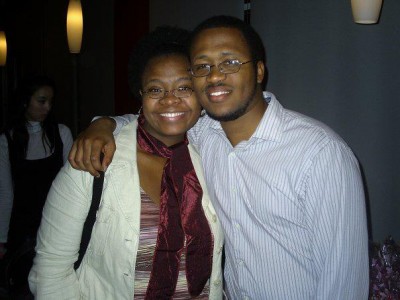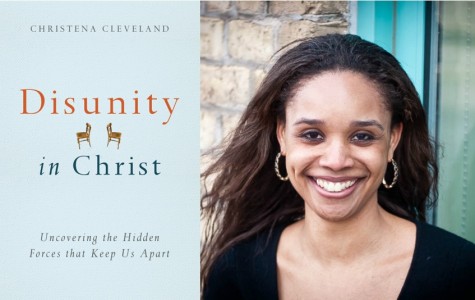BOOK REVIEW: Disunity in Christ by Christena Cleveland
Reviewed by Ramon Mayo
After being involved in the work of reconciliation and diversity for so many years the conversation gets tiring. Mostly because it seems that the discussion is at a stand still. Many churches and organizations are on board with the desire for racial reconciliation and being multiethnic. It’s good. It’s right. It’s biblical. Let’s take action and become more multiethnic. Seems simple enough but for some reason after these events are over it’s easy to go away feeling like there’s something missing. Disunity in Christ by Christena Cleveland zeroes in on the psychological element that’s been missing from the conversation.
In the first four chapters Cleveland outlines the problem of right Christian and Wrong Christian, the problem with divisions, and the psychology of categorizing. She shows us that the problem of unity starts with us and how everyone has his or her own definition of who is in and who is out. No one is exempt from psychologically categorizing others and this leads to divisions within the body of Christ. These divisions cause the body of Christ to be hindered and not be all that it can be. We miss out on the diversity of voices and resources at our disposal by placing people in categories, keeping our distance, and slandering them with our words. In extreme cases such as in Rwanda, apartheid South Africa, or the segregated South this categorizing can lead to violence and mistreatment.
In the next four chapters, Cleveland explains how we use categories to boost and protect our identity and esteem. She talks about how this starts in adolescence and stays with us into our adult years. Two major negative effects of utilizing categories in this way are hostile contact and cloudy judgment when it comes to others who are different from us. These two sections are filled with examples from the area of psychology that break down how and why we put people into categories. This detailed analysis of the mindset that causes prejudice makes this book worth the read.
The last two chapters are concerned with the application of these insights. Cleveland gives a set of practices for positive cross-cultural interactions. This set of practices includes addressing our cognitive and emotional biases, working toward a larger goal, creating equal status, engaging in personal interaction, and leadership. These practices are a necessary skill set for any Christian to lead in the area of unity in the Body of Christ. Lastly, Cleveland gives us a vision for true unity in the body of Christ. She emphasizes true unity as a condition in which “they become we” and then outlines the benefits of reconciliation and unity. In concluding the book she asserts that this unity can only be achieved as we follow Jesus the ultimate reconciler and the one in which we all find our true identity.
Disunity in Christ is a book that I would recommend to every Christian and especially those whose primary calling is to work for justice. Reconciliation is key in tackling things like poverty, human trafficking, and the environment as in many cases this will involve serving and partnering with others who are different from us. This book moves beyond mere talk and rhetoric of what we should be but presents the reality of the obstacles that we face in truly becoming one as the Body of Christ.
__________________________________________
 Ramon has been involved with church planting, missions, and multiethnic church initiatives with the Vineyard for the past ten years. He currently resides in the Chicago land area and attends the South Suburban Vineyard. He is also the author of His Story, Our Story a unique Black History Christian devotional. Pick up a copy here and check out his blog at http://ramonmayo.com/
Ramon has been involved with church planting, missions, and multiethnic church initiatives with the Vineyard for the past ten years. He currently resides in the Chicago land area and attends the South Suburban Vineyard. He is also the author of His Story, Our Story a unique Black History Christian devotional. Pick up a copy here and check out his blog at http://ramonmayo.com/

